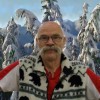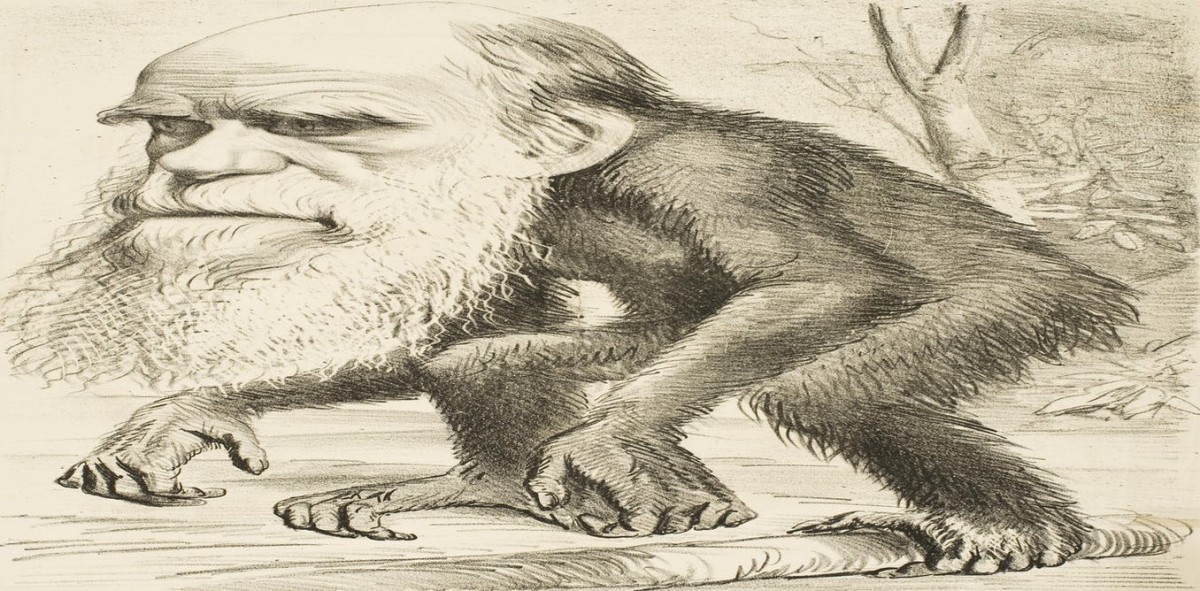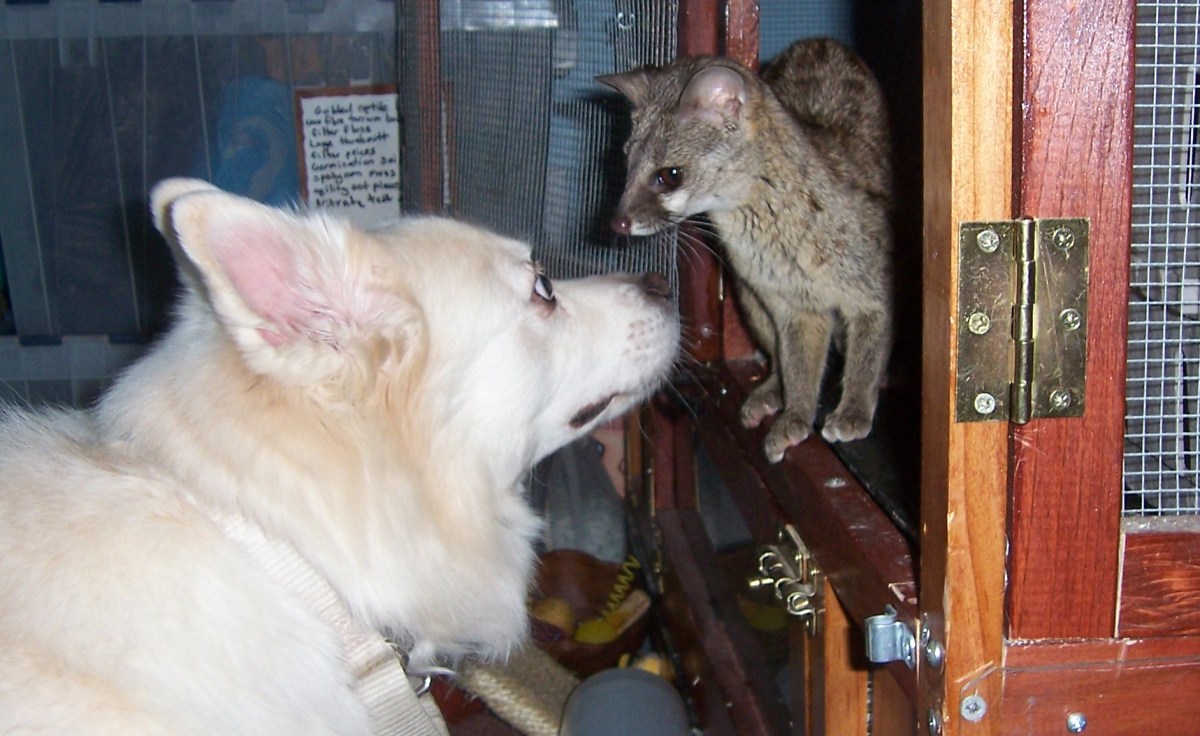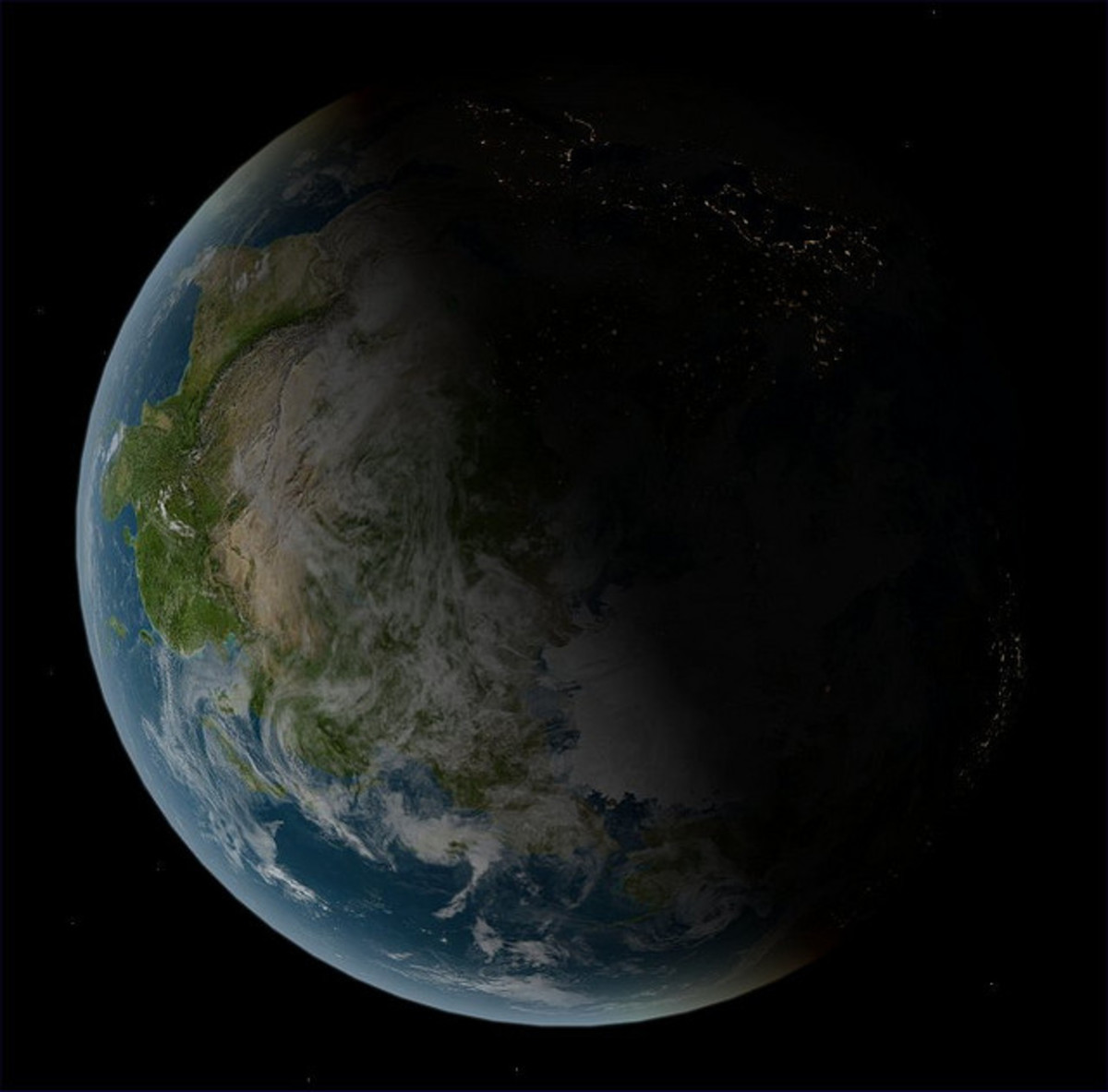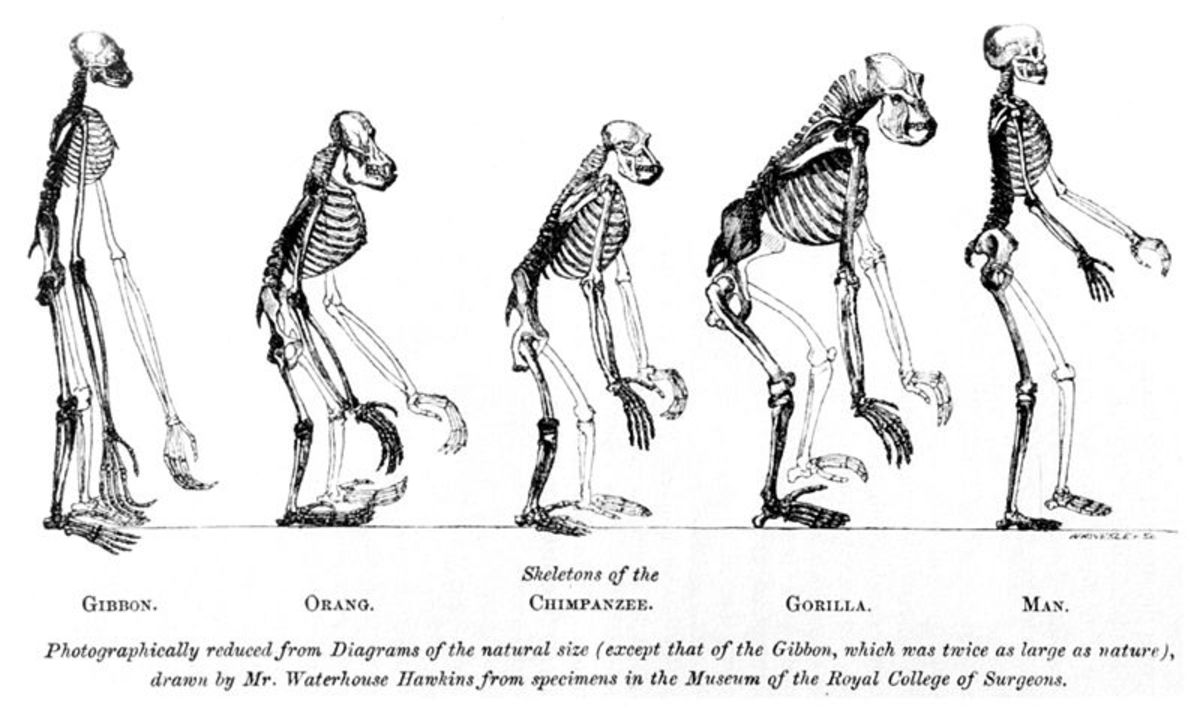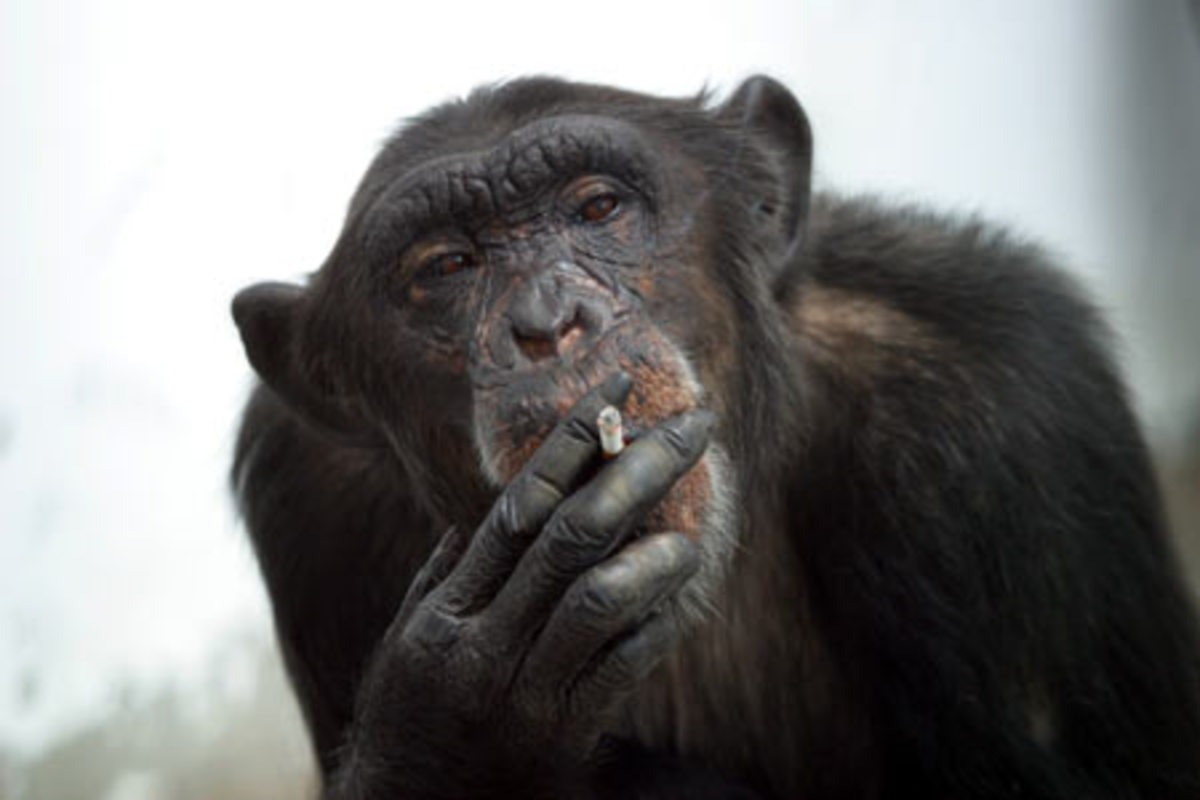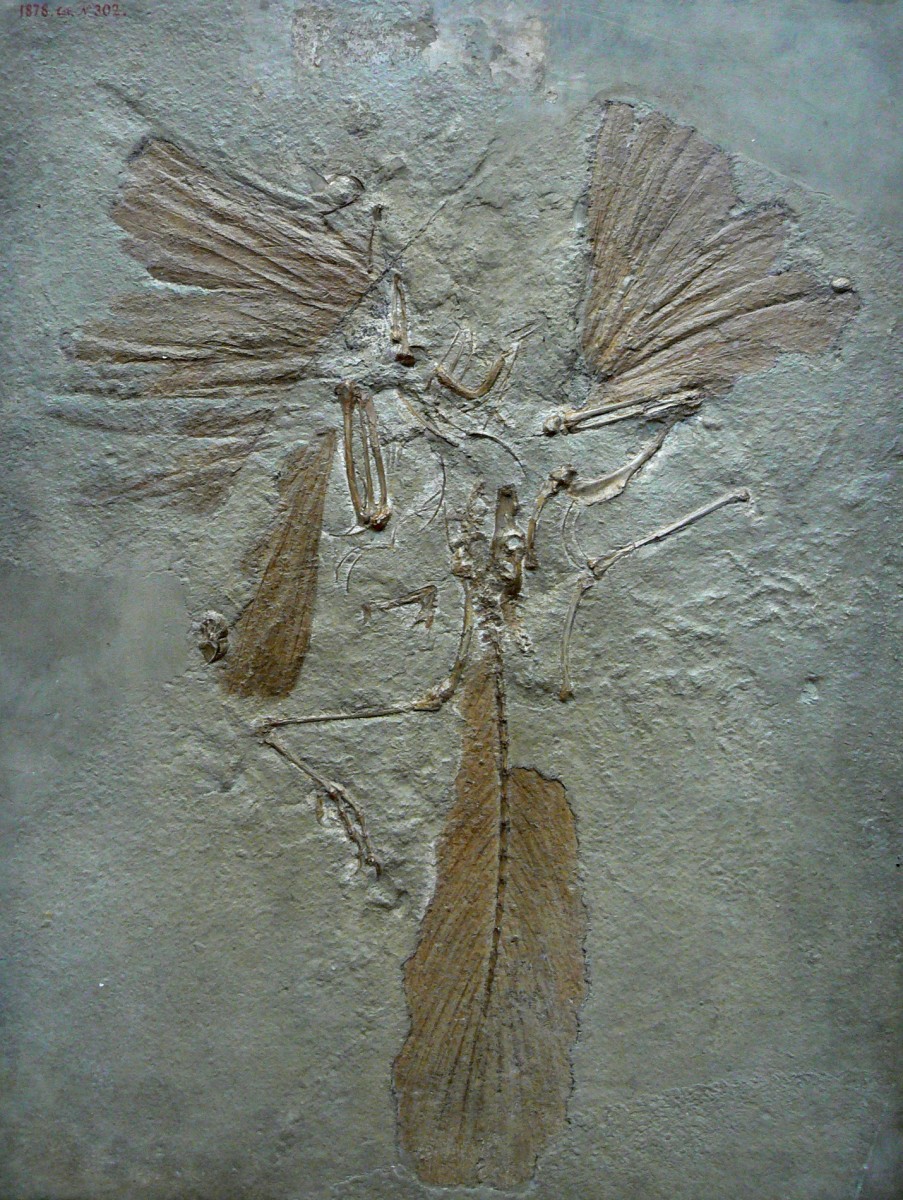Human Race Evolving or in Devolution
There is one thing that we can say and that is nature is diverse to the extreme
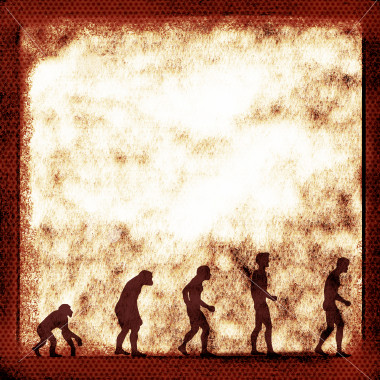
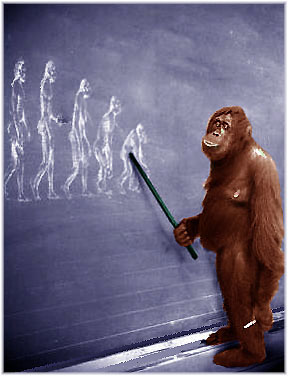
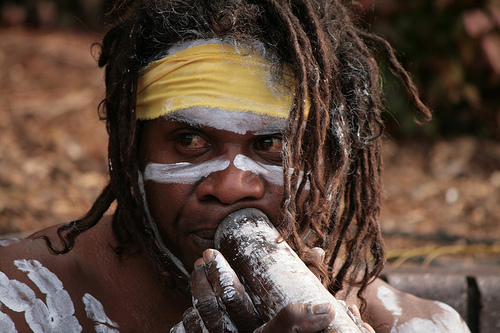
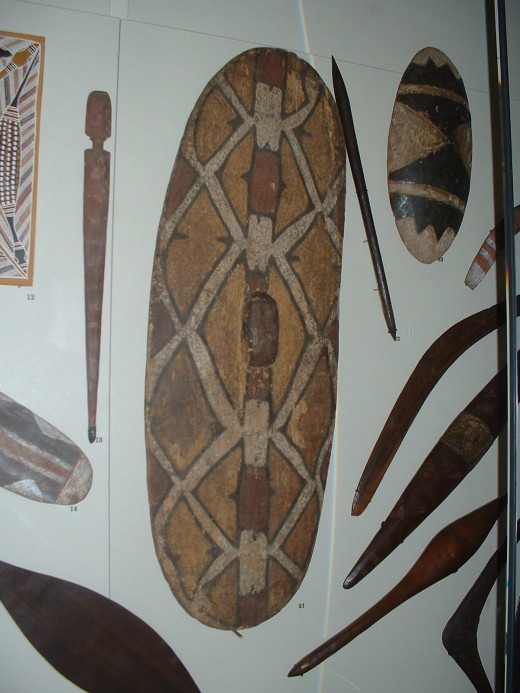
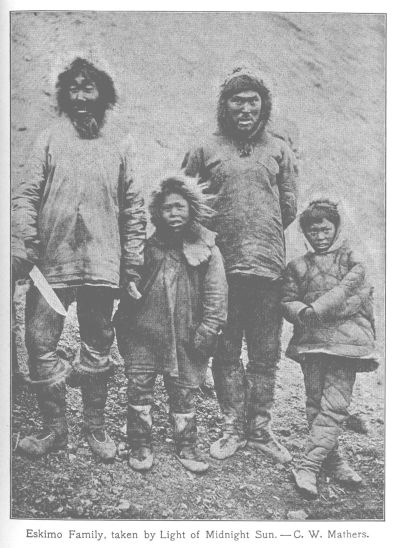
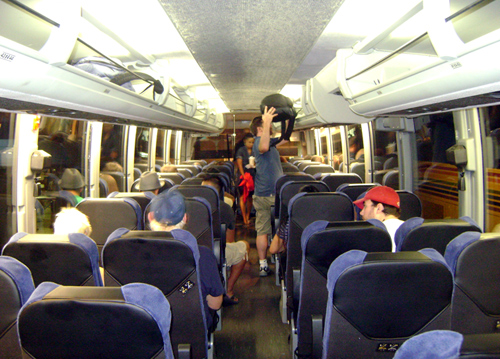
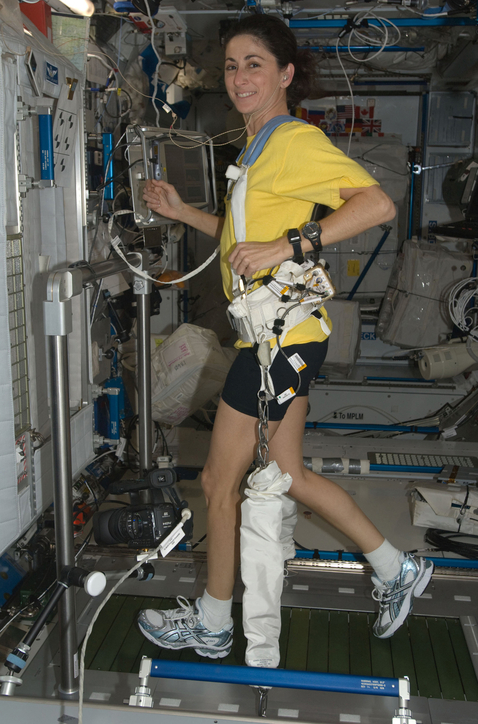
A case can be made for devolution as well as evolution
It has been stated and now proven that "If you don't use it, you'll lose it". Some of this has been proven in the space program where prolonged periods in weightlessness will cause bones and muscle to atrophy; wither away. It was such a reality, that special steps had to be developed to prevent this from happening. Unfortunately, there are other things that will atrophy from lack of use as well. As an individual in the greater context of the world, there is only just so much one can absorb in a single lifetime. In the collective sense, the answer has been specialization. But specialization can only work where trust is intact between individuals within that society.
Evolution is nature’s answer in the wild to create ever more effective strategies to survive in a constantly changing and hostile environment. Initially, the hostile environment was just the conditions of the evolving and changing Earth itself, but this eventually became the competition between species. From the very beginning of life to the present era, life has evolved a multitude of strategies in order to survive in every conceivable environment. Biologists are constantly being surprised at just how harsh an environment can be where life can be found. Extremophiles such as ice worms and thermophyles prove that life is not limited to what we are familiar with. It has been discovered that water-bears can survive a hard vacuum in temperatures approaching absolute zero and that they can be revived to reproduce the next generation.
Devolution or stabilization occurs when some plant or animal flourishes in a stable long term ecological niche or, in the context of civilization, is tamed and placed in a controlled environment and the abilities so carefully selected and homed in the wild disappear. Further, with recent developments, human intervention changes the characteristics of organisms, rendering them in a condition where it would be impossible for them to survive independent of human beings. Cows have been selectively bred and genetically altered to shorten their legs and enlarge their milk producing glands. In the wild, such a cumbersome and hobbled condition would make such an animal easy prey and easily sent to extinction.
Human beings do well in a wild environment and in a civilized, tame environment, but the individuals and groups involved cannot suddenly be placed in each others setting and survive. Both require special education and learning for the conditions that exist there. By now it is well established that the learning curve is steepest from shortly after birth to puberty and that it levels off during the adolescent years and early adulthood. Nature tells us that we should have learned everything we need to now to survive and then be ready to bring forth the next generation by that time, including the ability to train and educate, or we fail and the result of that failure is the inability to survive and to produce the next generation. Failure at the crucial juncture of the next generation, seals the fate of the new generation too.
Animals that live in wild settings and tame ones are also affected this way. Although it is true that wild animals can be "broken" and tamed, the reverse is not true. Perhaps it is our lack of knowledge, or perhaps it is something else. In this case though, it is human beings who intervene in the lives of plants and animals to adapt them to a tame use. These animals become dependant on civilization, just as their human counterparts do and would find it difficult to survive in a non civilized environment. Human beings too, are tamed and made ready for their role within the civilized context whatever that may be. In most societies, this is rather rigid, which means that a person with certain talents will not be allowed to develop and use them, as their role in life has be preordained by predecessors and the power elite. Everyone knows about this kind of thing, as it is common in nuclear families to find children that do not fit the profile of the parents societal role. Athletic families sometimes find themselves burdened with an intellectual or artistic child and vice versa. There is often no latitude for the development of alternate skills. In the larger context of society, there is often little room for artists and poets.
In a strict class society, where whole generations pass one after another, in a line of expertise, trade or work, the knowledge base becomes fixed and little new experience filters in except by way of mechanization. An example of such an experience is in the context of mining, where generation after generation is locked in the practice of extracting raw resources from the ground. In many parts of the world, generations of peasant farmers know nothing else except practices like rice production. When disaster strikes and it can come in many ways, many people suffer and die, because they do not know how to do anything outside of their highly specialized skill. In the developed and industrial world, the loss of a line of expertise when production is no longer required, like auto or electronics manufacturing, the specialist worker often degenerates into a life of destitution and begging.
In the context of the modern industrial city we see the unemployed typically involved in garbage picking, begging or petty theft. Having for one reason or another, fallen out of the work force, they know of no other way to live independent of past work experience. Lacking any experience of wild living or even agriculture, they are reduced to whatever they can to convince or coerce a living from those still working. Periodically, modern industrial society shifts back and forth from a hard, conservative, anti-welfare, "pull yourself up by your bootstraps" Friedman absolute individualist capitalist mode to a Keynesian fix where grants and welfare of many types are available. Neither of these methods addresses the reality of how the latest generation has devolved from the skill and ability of their ancestors. Changes in technology also contribute to devolution. As people become more and more dependant on technology, old skills are lost and forgotten. Not too long ago, most people knew how to work with and handle horses. They also know how to handle a large variety of hand tools and produced fine objects of craftsmanship. Now it’s all trucks, tractors and cars. Most modern people would not be able to handle a horse if the situation suddenly demanded it. They would not be able to effectively use hand tools and make something like a pair of shoes or a house entirely from scratch. As robots do more and more work, our skill set of what we can actually do shrinks. And yet, there will come a time where old skills will become necessary. Every major disaster proves this over and over and yet we are too blind to see the truth.
In the context of a whole collective civilization, it can be argued that humanity as a whole is evolving, but individuals therein, who are totally dependant on civilization are devolving. This fact is born out every day when we see people who are dumped onto the streets with no means to make a living in the context of the capitalist order of civilization. They have no inbuilt ability of their own to suddenly survive as if in an untamed environment, such as an animal in the wild. They do not know what to eat or how to hunt and kill game. They are completely dissimilar to the "wild-man" counterpart that is comfortable in the Amazon jungle or the Australian desert. The same is true of captured and tamed wild animals, or animals that have always been with humans that are suddenly for one reason or another, released back into the wild. Most do not survive long.
Let us look at our education in the context of survival. In the past, families were torn apart in the First Nations so that children could be re-educated to fit into the new order; the order of surplus value production and consumerism. Our education consists of preparing children for the basic functions of corporate society and has nothing to do with enhancing the individual for survival under the harshest of possible natural conditions outside of civilization. As a whole we appear to be advancing and evolving, but individually, many people are devolving.
Civilization is a fragile thing, easily disrupted by natural catastrophe or from acts of war. The result of the catastrophe is always the same. Individual lives are suddenly thrown into the context of no civilized support and find themselves without the knowledge to deal with the new reality. They are as newborn infants. Suddenly desperation emerges such as never experienced in the undisturbed day to day life in the context of a working civilization.
Plato remarks about a discussion he heard as a child about an advanced society that we know as Atlantis. According to the legend, Atlantis fell in a day and night under a catastrophe of volcanism and massive floods. According to Plato, only the "most brutish" of humanity managed to survive the disaster. These survivors provided the start of the current round of societal evolution. These were the people who like our counterparts today in the Amazon and Australia, lived closest to nature and were ready to survive whatever nature dished out. Today, the average, highly specialized individual is not prepared to live outside of their specialized context. In this context, the individual has devolved, even though society as a whole appears to have progressed and evolved. But has society evolved as a whole? What would happen if modern civilization collapsed? Smaller examples of local catastrophes tell us what happens, such as in Malaysia after Dec. 26th, 2004 and after hurricane Katrina struck New Orleans in 2005.
Evolution and devolution are opposite sides of the same coin that operate in tandem and are one of the mysteries of nature. We know that evolution occurs in spurts and not as a gradualist think. We also know that under controlled conditions, evolution stabilizes and in some cases, even regresses. As we have discovered in space, if you don't use it, you lose it.
